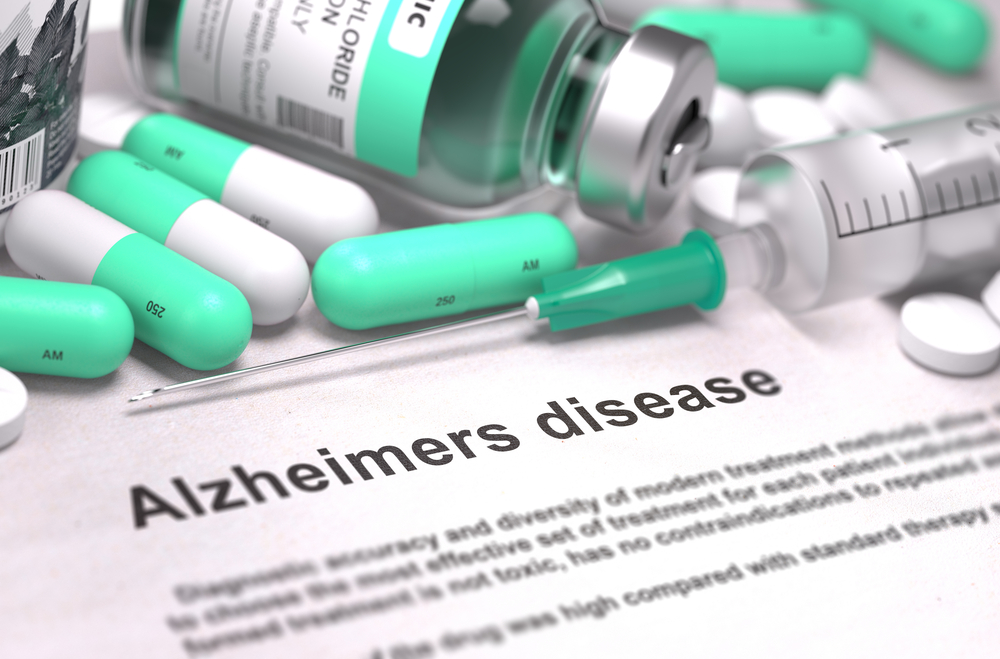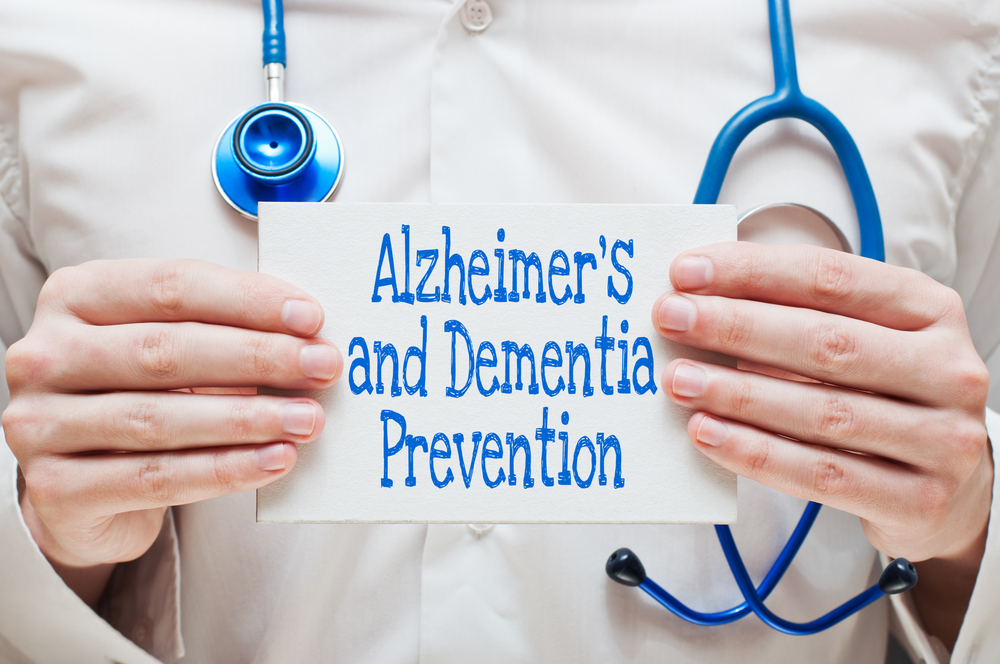Alzheimer’s disease is a brain disorder that progress with time and causes brain cells to degenerate and die. Alzheimer’s disease is the starting phase of dementia, which is a continuous decline in thinking, behavioural and social skills that interfere with the person’s ability to function independently. The early signs of the Alzheimer’s include forgetting of recent events and the disease slowly lead to severe memory impairment and lose the ability to carry out everyday tasks. No treatment cures Alzheimer’s or alters the progression of disease in the brain. But there are medicines for Alzheimer’s to help stop the disease progression and restore brain function. People with advanced stage Alzheimer’s experience complications from severe loss of brain function- such as dehydration, malnutrition or infection- result in death. Every individual with Alzheimer’s experience the disease differently, but people tend to experience a similar disease pattern from the beginning of the illness to its end. Some experts suggest a simple three-phase model (early, moderate and end period), while others have found a granular breakdown to be a more useful aid to understanding the progression of the illness.
Stages of Alzheimer’s disease-
Stage 1- it’s the stage where this disease is not detectable, and no memory problems or the other signs of Alzheimer’s are evident.
Stage 2- Very mild impairment
The elders may notice memory issues that are minor or lose things around the house. The patient will be still good on memory tests and loved ones or physicians will not detect the disease.
Stage 3- Mild Decline
At this stage, the family and friends of the elders may notice the memory degeneration. Performance on memory tests will degrade, and physicians will be able to detect cognitive function impairment.
Patient in stage 3 will have problems in many ways, including:
- Finding the right word during conversations
- Organizing and planning
- Remembering names of few family and friends
- Forgetting material that one has just read
- Losing or misplacing objects
Stage 4- Moderate Decline
In this stage of Alzheimer’s disease, clear-cut signs of the Alzheimer’s are apparent. People with stage four of Alzheimer’s disease:
- Have difficulty with simple arithmetic
- Have poor short-term memory which means one may not even recall what they ate for breakfast
- Inability to manage finance and pay bills
- May forget details about their life histories
Also Read: Diet Plays a Role in Alzheimer’s disease Prevention
Stage 5- A Moderately severe decline
During this stage of the disease, individuals with Alzheimer’s need help with many simple daily activities. Alzheimer’s patient in stage five of the disease may experience the following symptoms of Alzheimer’s:
- Difficulty dressing appropriately
- Difficulty recalling even your phone number
- Significant confusion
During this stage, people in stage five maintain functionality, and they can do daily activities by themselves. They typically can still bathe and toiled independently. They still know their family members and some details about their personal histories, especially their childhood and youth. This is the longest stage of the disease and can last for many years. As the disease progress, the person with Alzheimer’s disease will require a greater level of care.
Stage 6- Severe decline
People with this stage of Alzheimer’s need constant supervision and frequently professional help and care. They need to be adequately examined, and the symptoms of Alzheimer’swhich appear during this stage are as follows-
- Confusion or unawareness of environment and surroundings
- Inability to recognize familiar faces except for the closest friends and family
- Inability to memorize details of personal history
- Loss of bladder and bowel control
- Significant personality changes and potential behavior problems
- The need for assistance with simple activities such as toileting and bathing
- Forgetting address and wandering
Stage 7- a Very severe decline This is referred to as the final stage of Alzheimer’s disease. This disease is a terminal illness, people in stage seven are nearing death, and during this stage, people lose the ability to communicate or respond to their environment. They are only able to utter some words and phrases; they have no insight into their condition and need help with all activities of daily living. In this stage of Alzheimer’s, people may lose their ability to swallow. People at this stage become prone to infections, especially pneumonia, and they experience changes in physical abilities. The people in this stage require the constant presence of family near them to take care of them.




